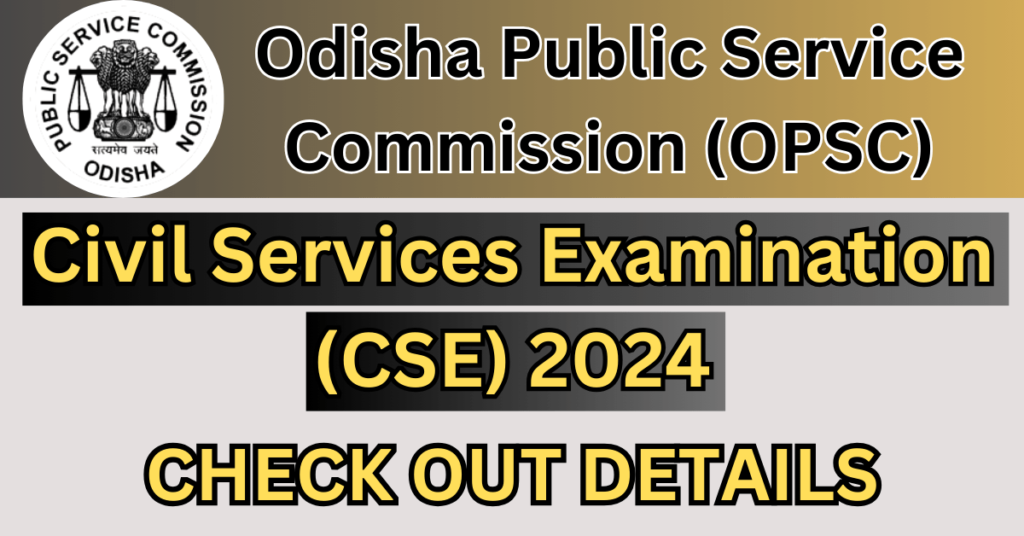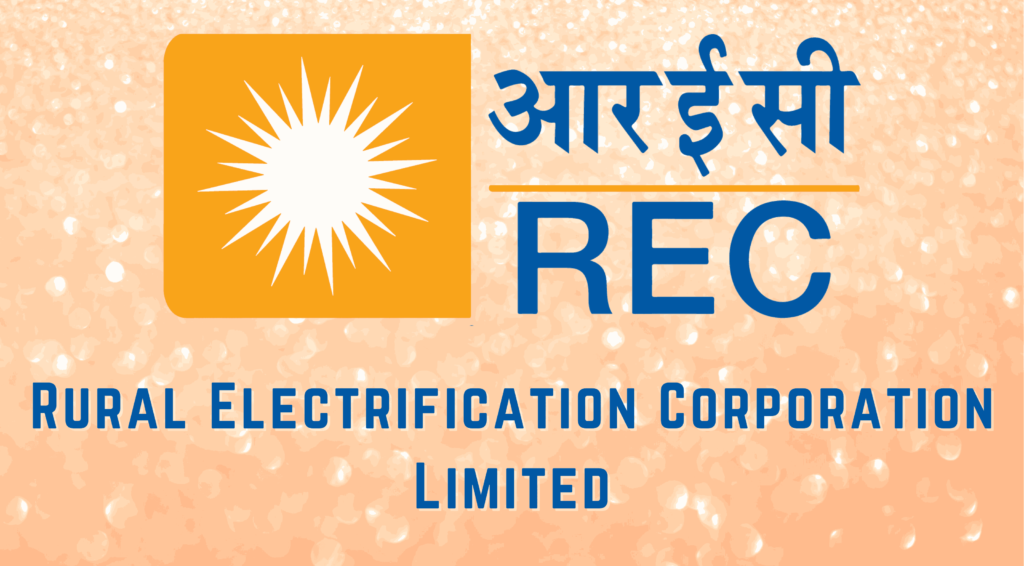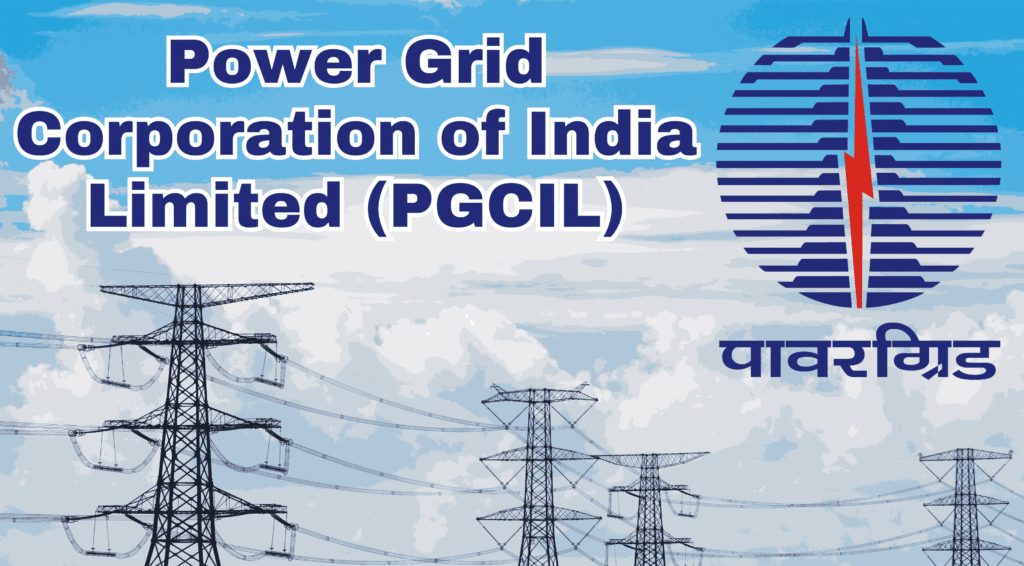The Odisha Public Service Commission (OPSC) has released the syllabus for the Assistant Industries Officer (Group-B) recruitment under the Odisha Industries Services cadre. The exam aims to assess candidates’ proficiency in General English, General Awareness, General Aptitude, and Basic Engineering concepts. This article provides a clear breakdown of the exam structure, syllabus, and important topics to help candidates prepare effectively.

Exam Pattern Overview:
The exam consists of two stages:
- Written Examination (Total: 400 Marks)
- Paper I: General English, General Awareness, and General Aptitude (100 Marks)
- Paper II: Basic Engineering (300 Marks)
- Personality Test (50 Marks)
The total score is 450 marks, and the written exam uses an objective (MCQ) format evaluated through OMR sheets.
Written Exam Details:
Paper I: General English, General Awareness, and General Aptitude (100 Marks)
| Subject | Topics |
|---|---|
| General English | Grammar, Comprehension. |
| General Awareness | Current Affairs, Indian History, Indian Polity, Geography of India, Indian Economy (focus on Industry). |
| General Aptitude | Quantitative Aptitude, Logical Reasoning, General Mental Ability (10th Standard Level). |
Paper II: Basic Engineering (300 Marks)
This paper evaluates candidates’ understanding of core engineering subjects and technical knowledge.
| Topic | Key Areas Covered |
|---|---|
| Programming & Data Structures | Algorithms, Flowcharts, C programming basics, Data Types, Operators, Control Structures, Functions, Linked Lists, Stacks, and Queues. |
| Engineering Mechanics | Force composition, Trusses, Centroid, Moment of Inertia, Dynamics principles, Energy conservation, Impulse and Momentum. |
| Manufacturing Processes | Foundry processes, Casting techniques, Welding types (Gas, Arc, TIG, MIG), and machining components like Lathes and Drills. |
| Electrical Engineering | AC/DC circuits, Kirchhoff’s Laws, Transformers, Motors, Electromechanical Energy Conversion, and Resonance Circuits. |
| Digital Electronics | Number systems, Boolean Algebra, Logic Gates, and simplification techniques. |
| Civil Engineering Basics | Building components, Soil properties, Water treatment, Air pollution control, and Noise pollution management. |
| Quality Management | Total Quality Management (TQM), Six Sigma, Kaizen, Poka-Yoke, and Taguchi methods. |
Marking Scheme:
- Correct Answer: Full marks for the question.
- Incorrect Answer: 25% of the marks deducted for each wrong response.
- Unattempted Questions: No deduction.
| Paper | Marks/Question | Negative Marking |
|---|---|---|
| Paper I | 1 Mark | 0.25 Mark |
| Paper II | 2 Marks | 0.50 Mark |
Qualifying Marks:
Candidates must score the following minimum marks to qualify for the personality test:
| Category | Qualifying Marks (Out of 400) |
|---|---|
| General | 35% |
| SEBC/SC/ST | 30% |
| PwD | 30% |
The commission may lower the qualifying marks if sufficient candidates do not meet the eligibility.
Detailed Syllabus for Key Topics:
General English
- Grammar: Sentence construction, active/passive voice, direct/indirect speech.
- Comprehension: Extracting meaning and interpreting text.
General Awareness
- Current Affairs: National and international events.
- History: Ancient and modern India.
- Geography: Physical and political geography of India.
- Economy: Industrial policies and Indian economic structure.
General Aptitude
- Quantitative Aptitude: Basic arithmetic, ratios, percentages, and speed-distance-time.
- Logical Reasoning: Puzzles, coding-decoding, series completion.
Basic Engineering
- Programming & Data Structures
- Basics of programming in C.
- Introduction to Data Structures like Linked Lists and Stacks.
- Engineering Mechanics
- Force systems, dynamics principles, and mechanical energy conservation.
- Manufacturing Processes
- Casting techniques, welding processes, and machining components.
- Electrical Engineering
- AC/DC circuits, transformer functions, and motor operations.
- Digital Electronics
- Binary arithmetic, logic gates, and Boolean simplifications.
- Civil Engineering Basics
- Building materials, water treatment, and air pollution control.
- Quality Management
- Concepts of zero defect, Six Sigma, and Kaizen.
Preparation Tips:
- Focus on Basics: Revise Class 10th-level mathematics and reasoning concepts for Paper I.
- Stay Updated: Read daily news for current affairs and industrial updates.
- Practice Previous Papers: Solve OPSC’s past question papers for better understanding.
- Time Management: Practice solving questions within the allocated time.
- Engineering Concepts: Deeply study engineering subjects relevant to your discipline.
Final Notes:
The OPSC Assistant Industries Officer exam tests both general awareness and specialized knowledge. Candidates must prepare systematically to ensure they meet the qualifying marks and excel in the personality test.
Visit the official OPSC website for detailed notifications and updates regarding the exam.

